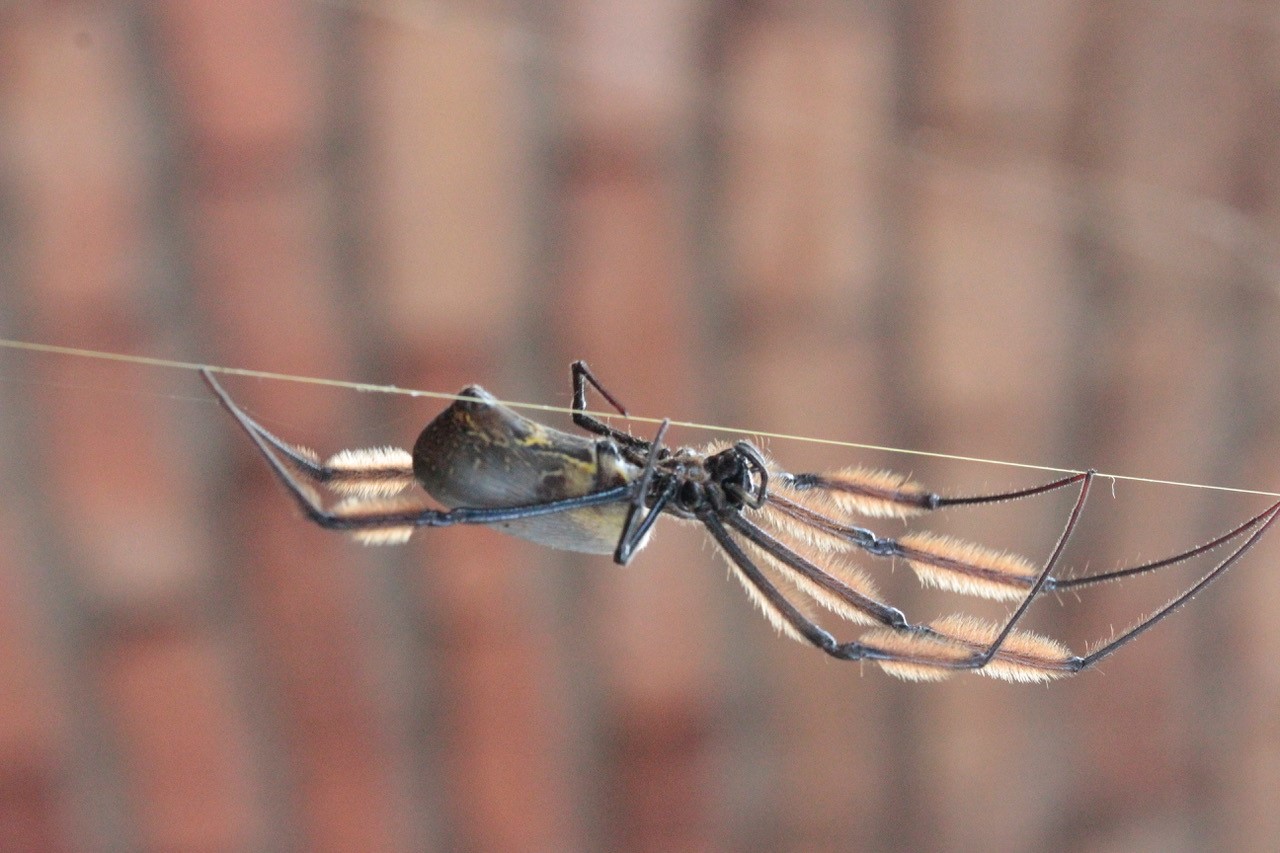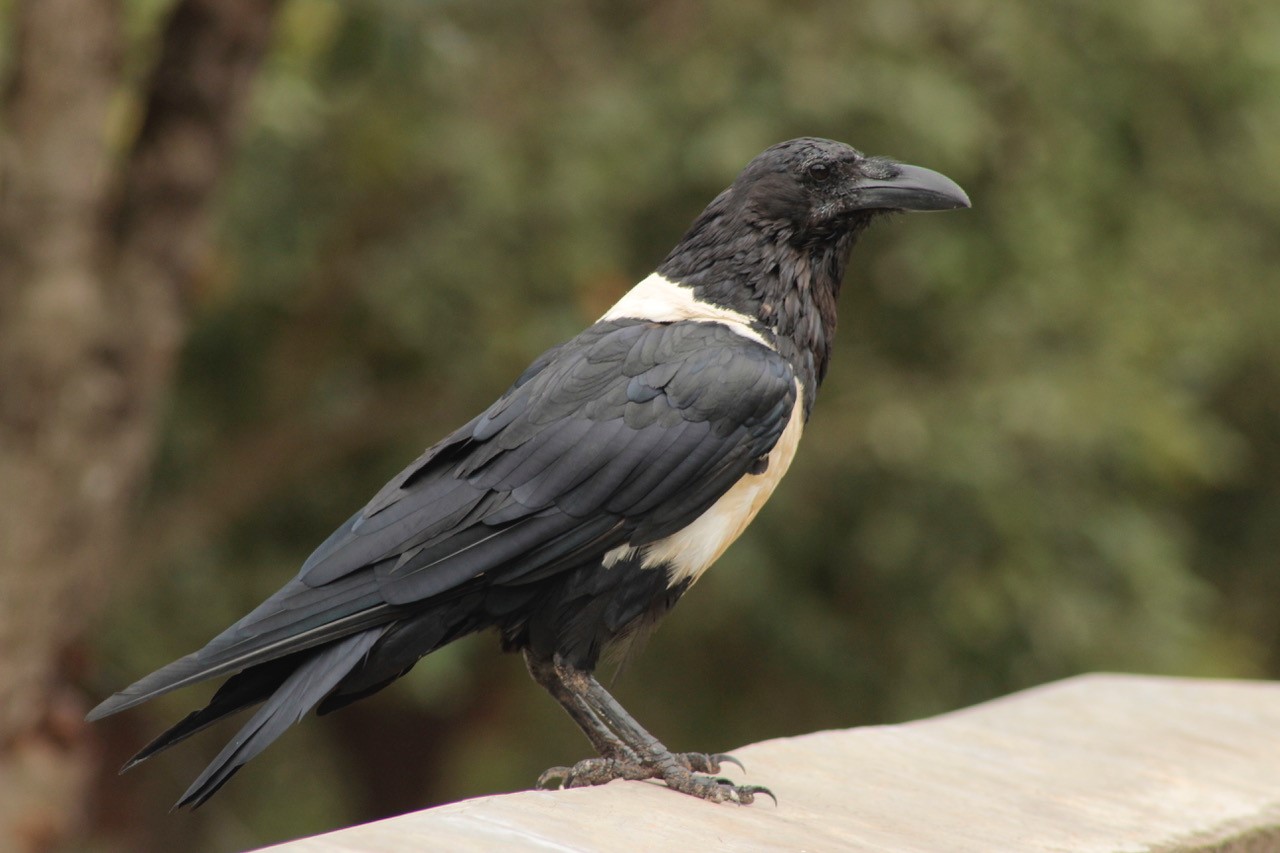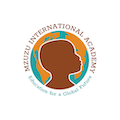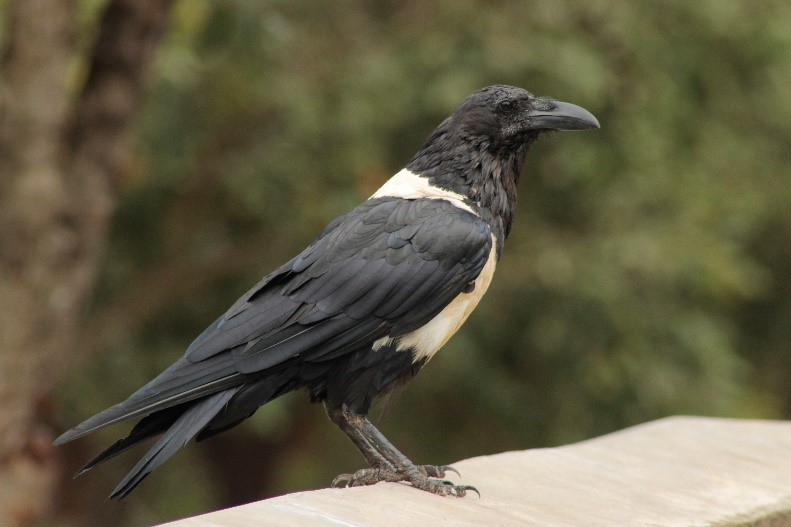Head of Primary’s BlogNovember 2022.
November is a month of cold Autumn winds and rain in my home country of England. A bigger contrast would be difficult to find as it gets hotter here in Mzuzu towards the rainy season.
Mathematics is the subject of this month’s blog and there could not be a more diverse subject to discuss. Just like language, mathematics pervades our lives and the ability to understand how it works is incredibly important to developing minds who have a passion for exploring the world around them.
Just sitting in my office, I notice my clock, the timetables on the wall, the latest report on pupils in school and even the computer keyboard in front of me…. They all have numbers. Without an understanding of what they mean and the rules  on how they can be manipulated, I would be at a loss.
on how they can be manipulated, I would be at a loss.
Children begin to use number, almost without thinking and can normally identify groups of up to three by the age they start school. The ability to count is the first thing that is taught, and we use concrete objects, such as beads or counters to aid in this. Remember that at this stage children are also learning the number symbols and their values. It is all new and complex, but they cope very well.
“But mathematics is much more complex than just counting.” I hear you cry. Yes, it is! This is why we take it step by step. Once the concept of counting has been established, we begin to look at the four basic rules of number. Addition, subtraction, multiplication, and division. These are the building blocks of all basic mathematics and learning the ‘rules’ governing these will take up most of your child’s time in Primary.
Alongside basic number, of course, mathematics also encompasses shape, space and measurement, place value, fractions, decimals, percentages…the list goes on and on.
There naturally, must be a language element that goes along with the development in numeracy. Children have also to understand the concepts of ‘more than’ and ‘less than’ along with an extensive list of specialist vocabulary that is taught alongside the actual mathematics itself.
I cannot emphasise enough that e verything your child learns can be considered a new concept to them. They do not have an adult’s experience to call upon, they are in the process of developing their own. Immersing your child in mathematics at home as well as school, is so important. Again, make it relevant and make it fun. Add up the numbers on car number plates as a game, cook recipes with them, measuring is an important part of maths. Make games out of everyday situations involving number and they will learn to apply what they have learned at school.
verything your child learns can be considered a new concept to them. They do not have an adult’s experience to call upon, they are in the process of developing their own. Immersing your child in mathematics at home as well as school, is so important. Again, make it relevant and make it fun. Add up the numbers on car number plates as a game, cook recipes with them, measuring is an important part of maths. Make games out of everyday situations involving number and they will learn to apply what they have learned at school.
(Hairy Legged Orb-Weaver Spiders and Pied Crow are both common in MIA. Did you know that crows are highly intelligent birds? They have been shown to be able to count. Orb Weaving Spiders display an amazing talent with geometry.)





